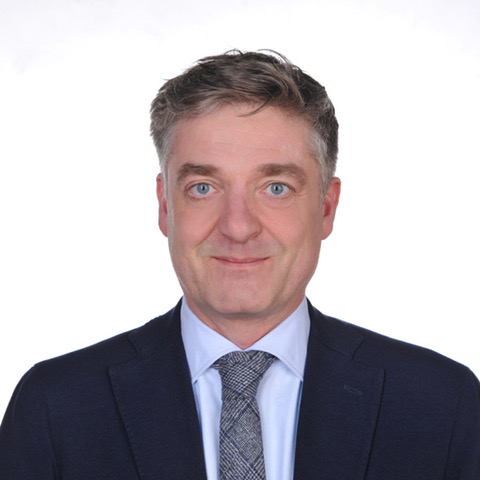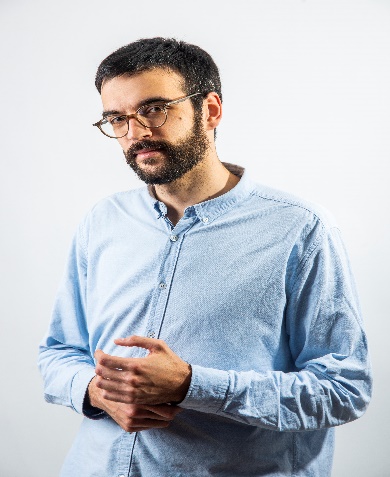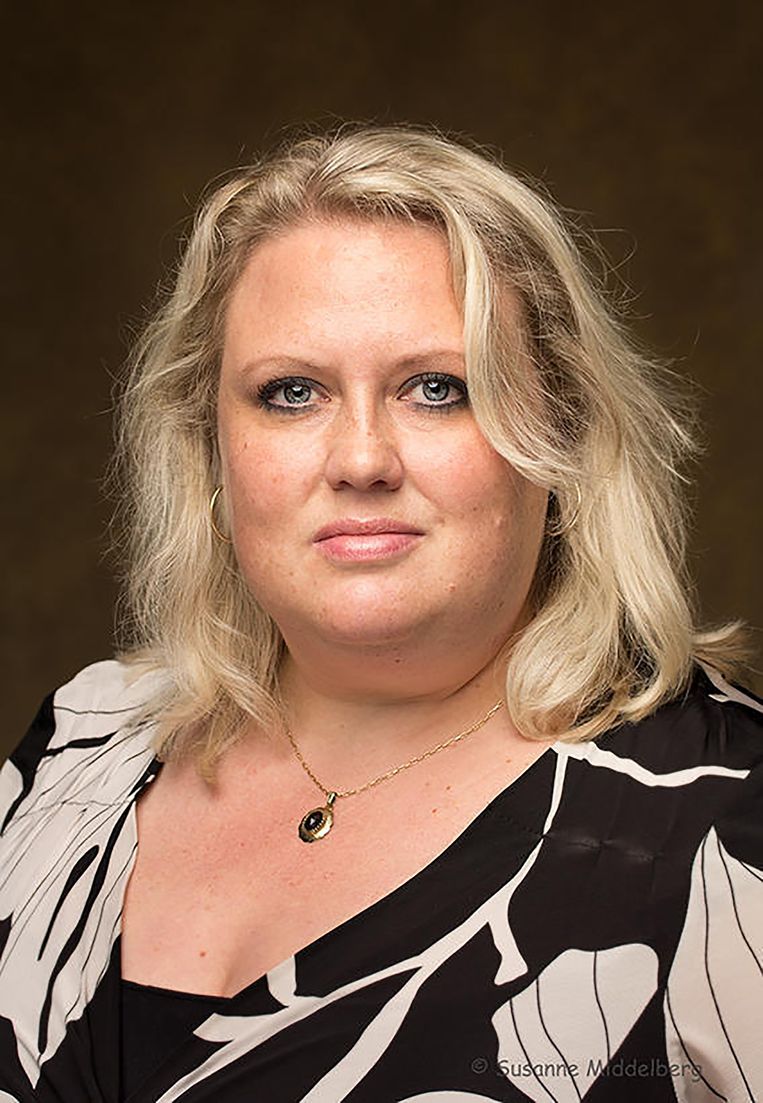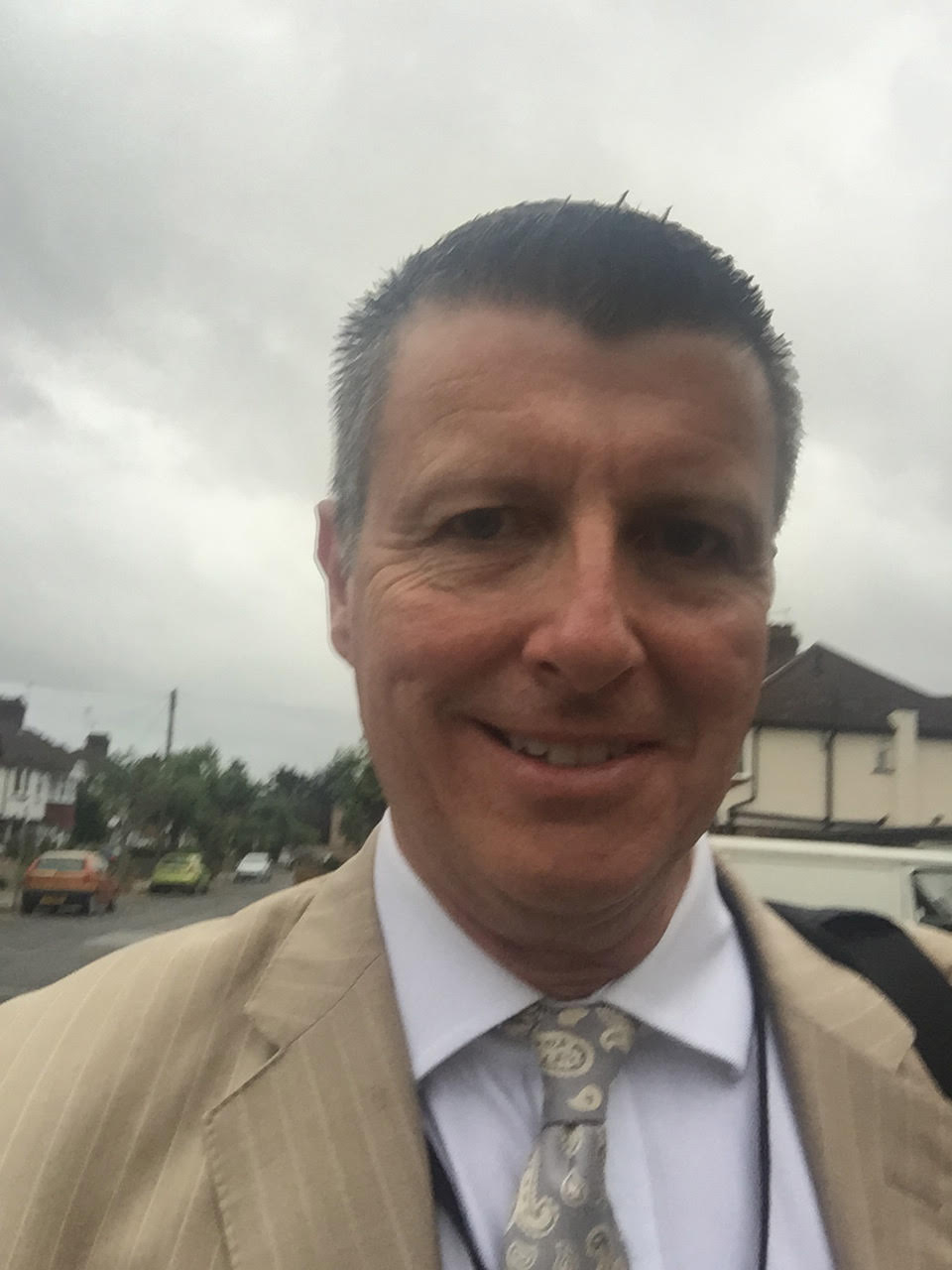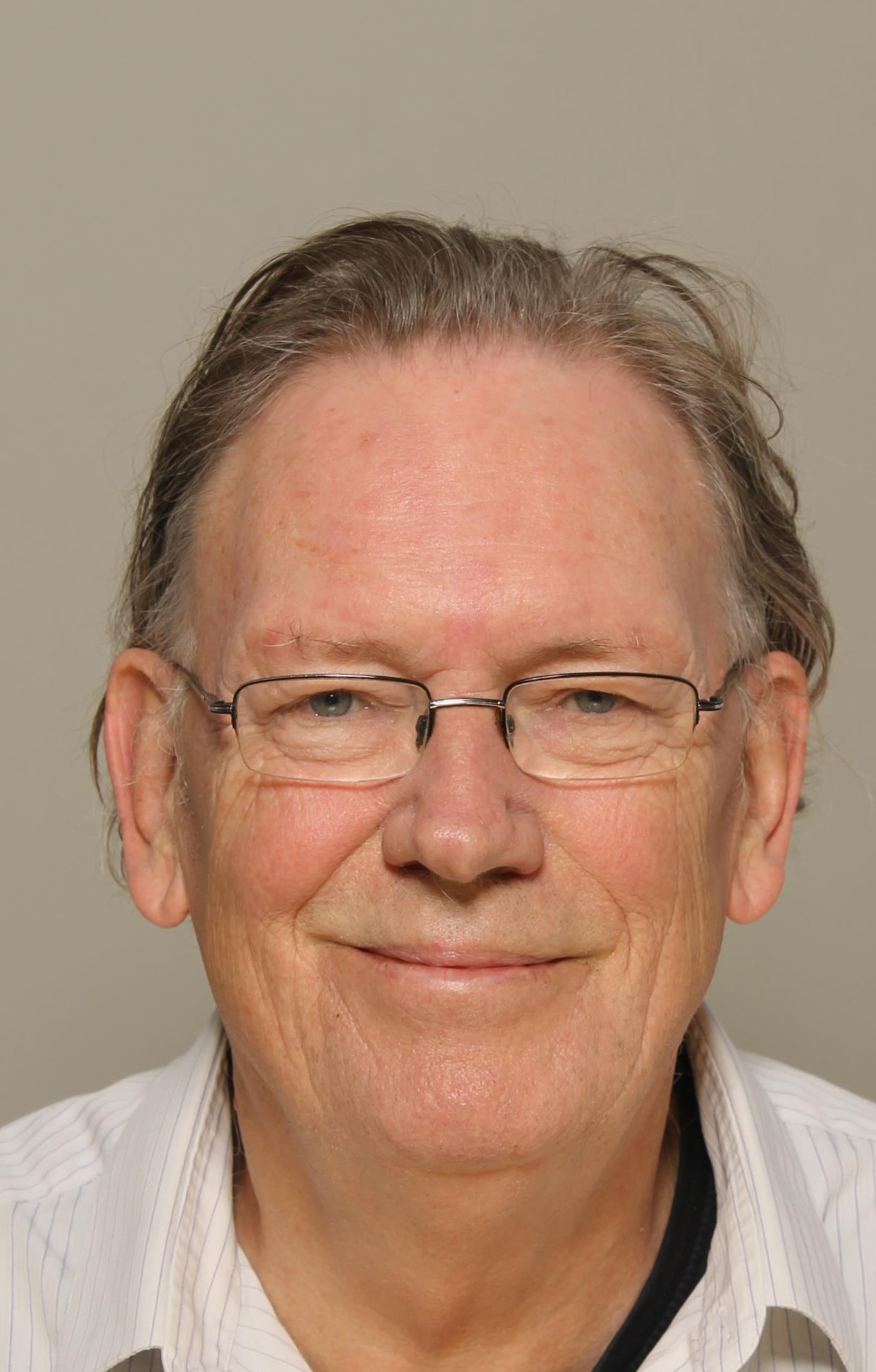Plenary Panel 2: Is There Hope for Justice in a Divided World? (in partnership with Embassy of the Netherlands)
Discussion Points:
- In the struggle for a more just world, how to defeat not only the status quo, but also the growing right-wing populism?
- How to restore the trust in judiciary? Is universal – or at least supranational – justice possible? Is rule of law enough to protect the vulnerable, or is the system as such rigged in favour of the powerful?
- What are and what will be the consequences of such policies to the quality of life of the majority? What will be the consequences to security?
- What are the causes of growing inequalities between the rich and poor?
The trust in current political and economic institutions is deeply shaken and there are many voices demanding radical changes. While it has become obvious that status quo is not sustainable, difficult economic conditions and rising inequality make populists attractive to many. They successfully exploit the growing gap between rich and poor, offering simplified narratives often based on ethnic or religious identities. However, the problematic nature of populists’ narratives does not erase the fact that the world has been deeply divided. During the last decade, we have seen a drastic rise of fortunes of the richest. The number of billionaires has nearly doubled, while almost a half of the world’s population is just above extreme poverty, living on less than $5.50 a day (Oxfam). In many countries throughout the world public services have been chronically underfunded and outsourced to private companies, which negatively affects not only access to quality health care and education, but also the provision of security. In such circumstances, it often appears that a different set of rules applies to the most privileged. The system itself seems to protect the powerful, while the majority – and especially the poorest – remains excluded from society and denied justice.
Recommended Reading:
“Reward work, not wealth”, Oxfam Briefing Paper – January 2018: https://www-cdn.oxfam.org/s3fs-public/file_attachments/bp-reward-work-not-wealth-220118-en.pdf
Joint Submission to the United Nations Human Rights Committee on Economic, Social and Cultural Rights on List of Issues for the Third Periodic Report of the Republic of Serbia: http://www.a11initiative.org/wp-content/uploads/2019/08/Joint-Submission-for-the-List-of-Issues_Serbia26082019.pdf
Globalinequality, Branko Milanović’s blog: http://glineq.blogspot.com/
Staffan Lindberg (2019) “Are Increasing Inequalities Threatening Democracy in Europe?”: https://carnegieeurope.eu/2019/02/04/are-increasing-inequalities-threatening-democracy-in-europe-pub-78270
Previous BSF Sessions:
2017
PLENARY PANEL 2: CHALLENGING INEQUALITY: WAYS FORWARD
PLENARY PANEL 3: DEMOCRACY IN RETREAT: MORE POPULISM AS THE NEW NORM?
2016
PLENARY PANEL 4: WILL CIVIL SOCIETY SAVE DEMOCRATIC VALUES?
2015
SESSION 3: HERE TO STAY? THE RISE OF INEQUALITY AND PERSISTENCE OF POVERTY

